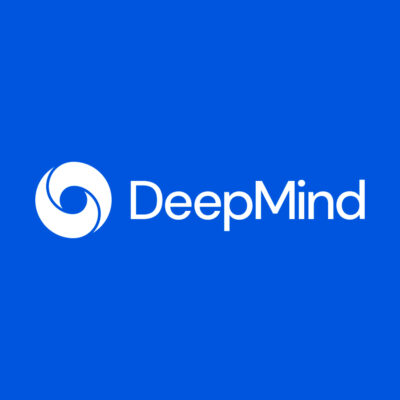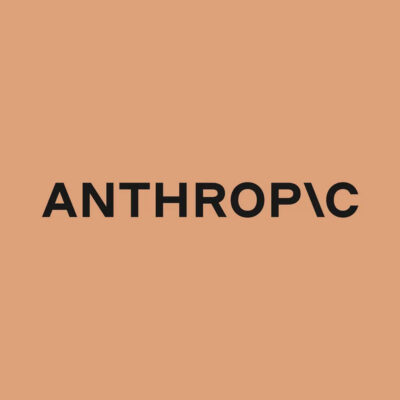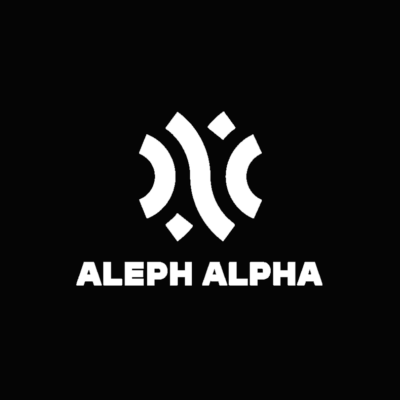Compare Models
-
Google
BARD
FREEGoogle’s Bard is now powered by PaLM 2, the new powerful LLM launched in May 2023. PaLM 2 is trained on a massive dataset of text and code. Bard can generate text, translate languages, write different kinds of creative content, and answer your questions in an informative way. Bard is programmed to use the web to find the most recent answers to questions. This means that when you ask Bard a question, it will not only use its knowledge of the world to answer your question, but it will also use the internet to find the most recent information on the topic. This allows Bard to provide you with the most accurate and up-to-date information possible (very cool).The exact billing structure for Bard is still under development (it is free to try at the moment) but you will likely be able to purchase tokens in bulk at a discounted price. According to Google, you may also be able to use tokens you have earned through other means, such as completing surveys or participating in beta testing programs. -
Deepmind
Chinchilla AI
OTHERGoogle’s DeepMind Chinchilla AI is still in the testing phase. Once released, Chinchilla AI will be useful for developing various artificial intelligence tools, such as chatbots, virtual assistants, and predictive models. It functions in a manner analogous to that of other large language models such as GPT-3 (175B parameters), Jurassic-1 (178B parameters), Gopher (280B parameters), and Megatron-Turing NLG (300B parameters) but because Chinchilla is smaller (70B parameters), inference and fine-tuning costs less, easing the use of these models for smaller companies or universities that may not have the budget or hardware to run larger models.
-
Anthropic
Claude 2 – API version
$0.03268Anthropic’s Claude 2 much larger context window (launching with 100k for now but will go up to 200K).will make it possible to feed it entire books or have it generate entire books at once.Claude 2 scored 76.5 percent on the multiple choice section of the Bar exam and in the 90th percentile on the reading and writing portion of the GRE. Its coding skills have improved from its predecessor scoring 71.2 percent on a Python coding test compared to Claude’s 56 percent.Claude 2 is also 63% cheaper on inputs and 46% cheaper on outputs than the GPT-4 8K context version (the default version of the OpenAI model). -
OpenAI
Claude 2 (Web Browser Version)
FREEAnthropic’s Claude 2 is now available to the public if you’re in the US or UK. For the web browser version. just click “Talk to Claude,” and you’ll be prompted to provide an email address. After you confirm the address you enter, you’ll be ready to go.Claude 2 scored 76.5 percent on the multiple choice section of the Bar exam and in the 90th percentile on the reading and writing portion of the GRE. Its coding skills have improved from its predecessor scoring 71.2 percent on a Python coding test compared to Claude’s 56 percent. While the Google-backed Anthropic initially launched Claude in March, the chatbot was only available to businesses by request or as an app in Slack. With Claude 2, Anthropic is building upon the chatbot’s existing capabilities with a number of improvements. -
Anthropic
Claude Instant
$0.00551Claude Instant is a faster and less expensive model than Claude-v1 that can handle casual dialog, text analysis and summarization, and document Q&A. Optimized for low latency, it handles high throughput use cases at lower costs that other Claude family of models. Anthropic is an AI startup founded by former OpenAI employees. Anthropic specializes in developing general AI systems and language models, with a company ethos of responsible AI usage.API access can be gained after application. -
Anthropic
Claude Instant v1
$0.03268A powerful model, Claude-v1 can handle sophisticated dialog, creative content generation, and detailed instructions. Optimized for superior performance on tasks that require complex reasoning, Claude is Anthropic’s best-in-class offering.API access can be gained after application. -
Google
Cloud Platform
OTHERGoogle Cloud Platform (GCP) is a cloud computing service that includes innovative AI and machine learning products, solutions, and services. Google AI Studio is a low-code development environment that makes it easy to build and deploy applications and has a variety of features, such as pre-trained models that can be used to get started quickly, a unified experience for managing the entire ML lifecycle, from data preparation to model deployment, and a variety of tools for monitoring the performance of ML models in production. Vertex AI can be used to train and deploy models, and GCP also offers a variety of data storage services, including Cloud Storage, which can be used to store large datasets. -
Google
code chat (codechat-bison)
$0.002Based on Google’s PaLM 2 large language model, the company specifically trained Codey APIs to handle coding-related prompts, but it also trained the model to handle queries related to Google Cloud.
The code chat API can power a chatbot that assists with code-related questions. For example, you can use it for help debugging code. The code chat API supports the code-chat-bison model.
The Codey APIs support a wide range of programming languages, including C++, C#, Go, GoogleSQL, Java, JavaScript, Kotlin, PHP, Python, Ruby, Rust, Scala, Swift, and TypeScript. You can run with the API and in Generative AI Studio.
Some common use cases for code chat include debugging, where it assists with issues related to code that doesn’t compile or contains a bug; documentation, where it aids in understanding unfamiliar code to ensure accurate representation; and learning, as it provides help in comprehending code that you might not be very familiar with.
Note: We have converted characters to tokens for the prices (based on the approximation of 4 characters per 1 token).
-
Google
code completion (code-gecko)
$0.002Based on Google’s PaLM 2 large language model, the company specifically trained Codey APIs to handle coding-related prompts, but it also trained the model to handle queries related to Google Cloud. The code completion API provides code autocompletion suggestions as you write code. The API uses the context of the code you’re writing to make its suggestions.
The code completion API supports the code-gecko model. Use the code-gecko model to help improve the speed and accuracy of writing code. The Codey APIs support a wide range of programming languages including C++, C#, Go, GoogleSQL, Java, JavaScript, Kotlin, PHP, Python, Ruby, Rust, Scala, Swift, and TypeScript. You can run with the API and in Generative AI Studio. Some common use cases for code completion include writing code faster, where the code-gecko model is employed to expedite the coding process by leveraging suggested code; and minimizing bugs in code, by utilizing code suggestions that are known to be syntactically correct to circumvent errors, thus reducing the risk of inadvertently introducing bugs that can arise during code creation.
Note: We have converted characters to tokens for the prices (based on the approximation of 4 characters per 1 token).
-
Google
code generation (code-bison)
$0.002Based on Google’s PaLM 2 large language model, the company specifically trained Codey APIs to handle coding-related prompts, but it also trained the model to handle queries related to Google Cloud.
code generation (code-bison) generates code based on a natural language description of the desired code. For example, it can generate a unit test for a function. The code generation API supports the code-bison model. The Codey APIs support a wide range of programming languages, including C++, C#, Go, GoogleSQL, Java, JavaScript, Kotlin, PHP, Python, Ruby, Rust, Scala, Swift, and TypeScript. You can run with the API and in Generative AI Studio.
Some common use cases for code generation include creating unit tests, where you can design a prompt to request a unit test for a specific function; writing a function, which involves passing a problem to the model and receiving a function that solves the problem; and creating a class, where you can use a prompt to describe the purpose of a class and have the code defining that class returned to you.
Note: We have converted characters to tokens for the prices (based on the approximation of 4 characters per 1 token).
-
Google
LaMDA
OTHERLaMDA stands for Language Model for Dialogue Application. It is a conversational Large Language Model (LLM) built by Google as an underlying technology to power dialogue-based applications that can generate natural-sounding human language. LaMDA is built by fine-tuning a family of Transformer-based neural language models specialized for dialog and teaching the models to leverage external knowledge sources. The potential use cases for LaMDA are diverse, ranging from customer service and chatbots to personal assistants and beyond. LaMDA is not open source; currently, there are no APIs or downloads. However, Google is working on making LaMDA more accessible to researchers and developers. In the future, it is likely that LaMDA will be released as an open source project, and that APIs and downloads will be made available. -
Aleph Alpha
Luminous-base
$0.0055Aleph Alpha have the Luminous large language model. Luminous models vary in size, price and parameters. Luminous-base speaks and writes 5 languages: English, French, German, Italian and Spanish and the model can perform information extraction, language simplification and has multi-capable image description capability. Aleph Alpha is targeting “critical enterprises” — organizations like law firms, healthcare providers and banks, which rely heavily on trustable, accurate information. You can try Aleph Alpha models for free. Go to the Jumpstart page on their site and click through the examples on Classification and Labelling, Generation, Information Extraction, Translation & Conversion and Multimodal. Aleph Alpha are based in Europe, allowing customers with sensitive data to process their information in compliance with European regulations for data protection and security on a sovereign, European computing infrastructure.






